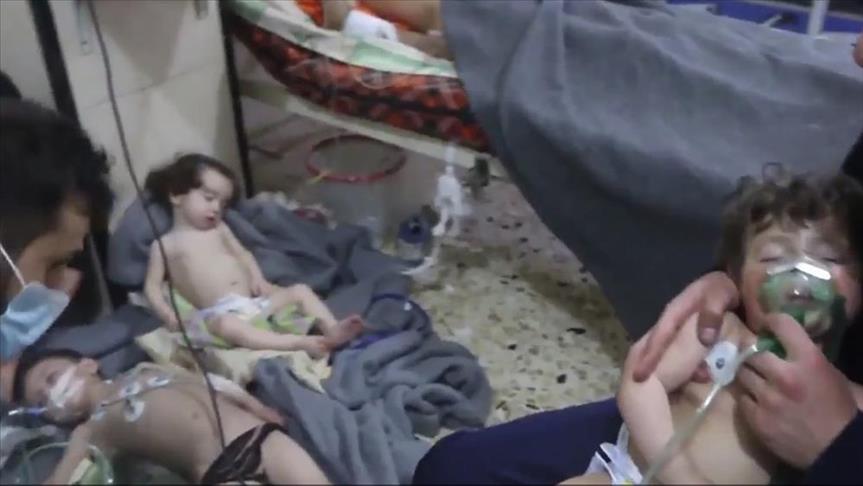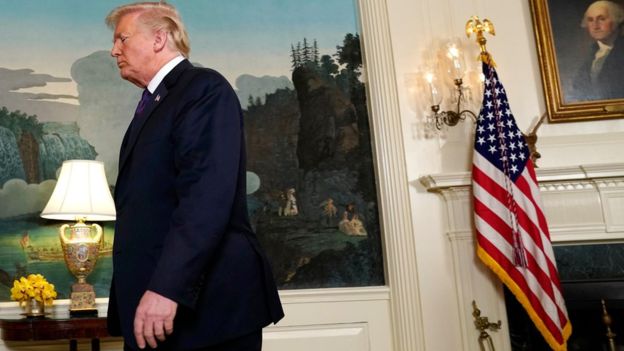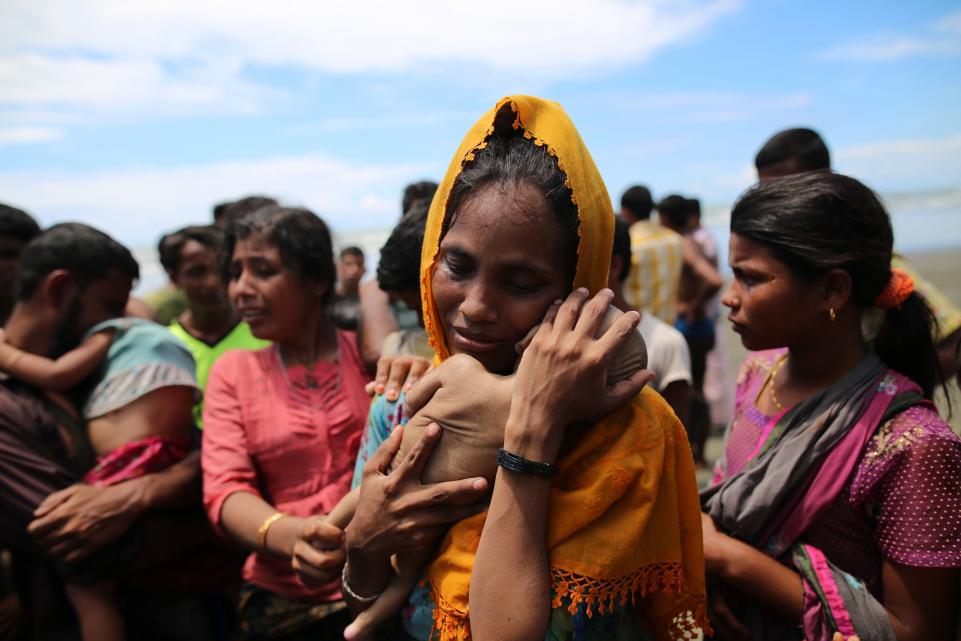Current Events: Myanmar and (mostly) Syria
April 17, 2018
A lot has happened this week with Syria, so it’s taking up most of the article. Read up, it’s complicated.
The Chemical Weapons Crisis

Syria has been in a civil war for seven years. Half a million people have died in the war; millions have been displaced. Rebels groups, supported by the US in the past (not anymore, it seems), are fighting the forces of the government under Bashar al-Assad, supported by Russia. Assad’s regime has been condemned for its human rights violations, including chemical attacks on civilians – and last weekend, there was another attack attributed to the Syrian government in the suburbs of rebel-held Douma, killing about 70 people and injuring hundreds more.
Last week, President Trump said he “wants to get out” of Syria soon, while Turkey, Iran and Russia pledged to accelerate efforts to bring stability to Syria. This week, in coordination with Britain and France, Trump launched a total of 105 missile strikes on government targets in Syria in retaliation with the chemical weapon attack, all of which were successful with no reported casualties, according to the Pentagon. Syrian armed forces, meanwhile, say that the country’s defense systems “intercepted most of the missiles”.
The Syrian government insists its entire chemical arsenal was destroyed under a deal signed after an attack in 2013 that involved the nerve agent Sarin. Experts from the UN and the Organisation for the Prohibition of Chemical Weapons (OPCW) have ascribed four chemical attacks to the government since then. Furthermore, Russia says that there is no trace of any chemicals and questioned why the allies carried out strikes before the inspectors had reported. Russia says the attack in Douma was staged, accusing first Israel and then the UK of orchestrating it. The UK, US and France have said the Syrian government was responsible.

Russia’s ambassador to the U.S. warned that there would be “consequences” for the strike on Syria, and that a “pre-designed scenario” was underway. The worsening relations of US and Russia are rising concern in the international community and the general public, with the conflict showing undertones of the Cold War. This Saturday, Russia failed to win a vote in the UN Security Council condemning the “aggression” of the US-led strikes on Syria. Only China and Bolivia voted with Russia. The Trump administration plans to impose new sanctions against Russia on Monday to punish it for allowing Syria to continue the use of chemical weapons. This is the second round of sanctions against Russia for this month.
Trump said Friday that the US is “prepared to sustain this response until the Syrian regime stops its use of prohibited chemical agents.” The wave of strikes had represented the most significant attack against President Bashar al-Assad’s government by Western powers in seven years of Syria’s civil war, but some people stress that a long-term plan is needed for the resolution of the conflict.
Defense Secretary James Mattis said Friday night that the US was expecting a disinformation campaign by those aligned with the Assad regime.

A tweet from President Trump regarding the strike.
Oh, also this week Paul Ryan said he’s resigning after his current term, and the home, office, and hotel room of Trump’s lawyer, Michael Cohen, was raided.

Justice?

Tuesday, seven soldiers were sentenced to “10 years in prison with hard labor in a remote area” for killing 10 Rohingya men in Myanmar, for the first time since the beginning of the conflict. Rohingya is a Muslim minority group in the country that has been discriminated for years in what the UN has called an “ethnic cleansing”. The conflict escalated last summer, when Rohingya insurgents attacked Myanmar security forces. Myanmar’s government and military have been denying any allegations of an ethnic cleansing or a genocide. During the first month of a military crackdown in Myanmar in late August, aid group Médecins Sans Frontières estimated a minimum of 6,700 Rohingya were killed in attacks and at least 2,700 others died from disease and malnutrition. More than 647,000 members of the Rohingya community have fled Myanmar to Bangladesh.













































